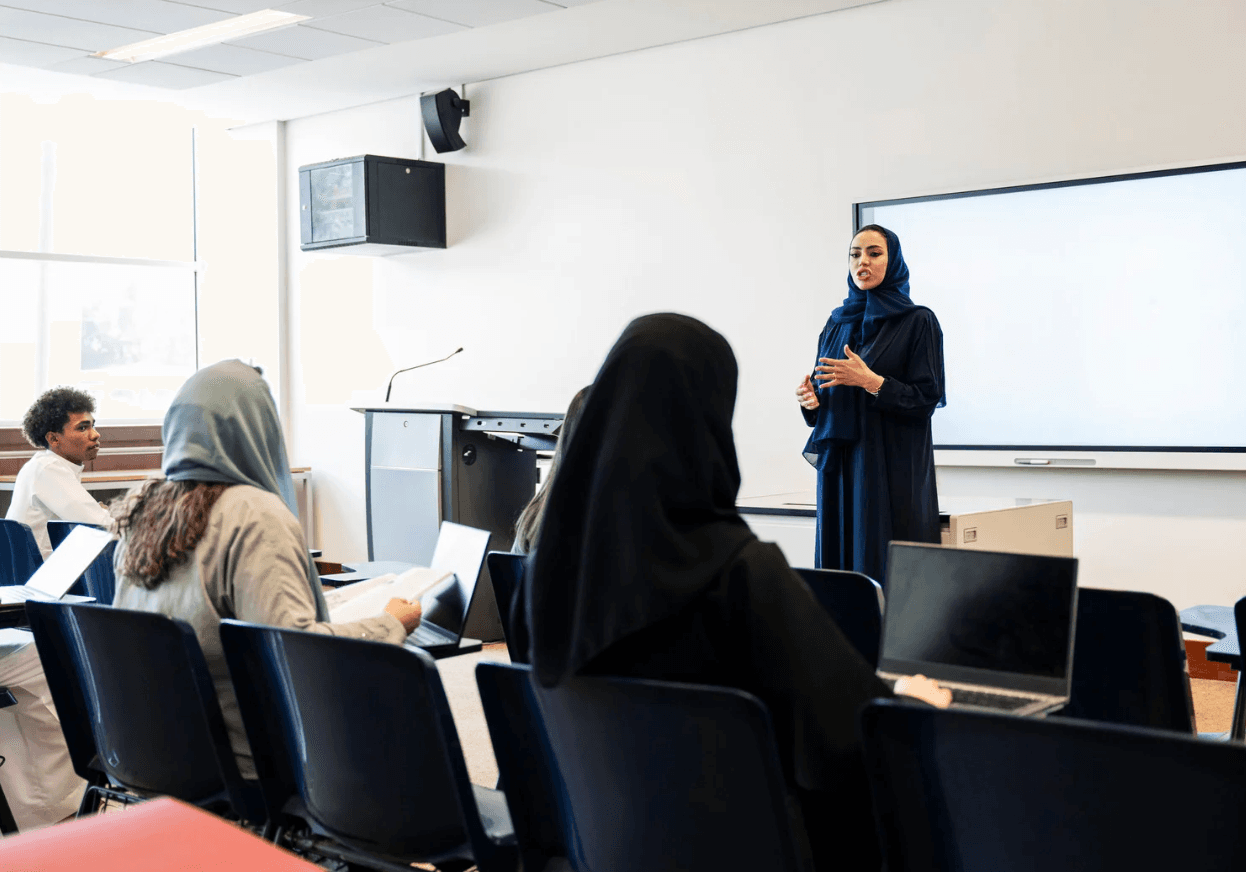In today's fast-paced world, we are constantly bombarded with information from various sources. Whether it's through social media, news outlets, or word of mouth, we are constantly inundated with news, updates, and opinions. This influx of information can be overwhelming and can leave individuals feeling confused or lost in a sea of data.

One of the most important skills we can develop in this information age is the ability to sift through the noise and identify reliable sources of information. With the rise of fake news and misinformation, it has become increasingly difficult to separate fact from fiction. This is why critical thinking skills are more important now than ever before.
Critical thinking involves evaluating information, analyzing arguments, and making reasoned judgments. It's about asking questions, challenging assumptions, and seeking evidence to support claims. By developing our critical thinking skills, we can become better equipped to navigate the complexities of the modern world.
One of the key components of critical thinking is the ability to identify biases. We all have biases, whether we are aware of them or not. These biases can influence the way we perceive information and can lead us to make faulty judgments. By being able to recognize our biases and those of others, we can approach information with a more open mind and make more informed decisions.
Another important aspect of critical thinking is the ability to evaluate sources of information. Not all sources are created equal, and it's essential to consider the credibility and reliability of the information we consume. By assessing the author's credentials, the publication's reputation, and the evidence provided, we can better determine whether the information is trustworthy.
In addition to evaluating sources, critical thinking also involves assessing arguments. This means examining the logic, assumptions, and evidence behind a claim. By dissecting an argument and identifying any weaknesses or fallacies, we can better understand the validity of the claim and make a more informed judgment.
Critical thinking is not just about questioning information from external sources; it also involves reflecting on our own beliefs and assumptions. By examining our own biases and preconceptions, we can become more self-aware and better able to recognize when our own judgments may be clouded. This self-awareness is crucial for developing a more objective and rational approach to information.
In today's digital age, where information is constantly at our fingertips, it can be easy to fall into the trap of confirmation bias. This is the tendency to seek out information that confirms our existing beliefs while ignoring or dismissing contradictory evidence. Critical thinking can help us break free from this pattern by encouraging us to consider alternative viewpoints and weigh evidence objectively.
Furthermore, critical thinking can also enhance our problem-solving skills. By approaching problems with a more analytical and logical mindset, we can identify potential solutions, evaluate their effectiveness, and make informed decisions. This ability to think critically and creatively is essential in both our personal and professional lives.
kd2kub